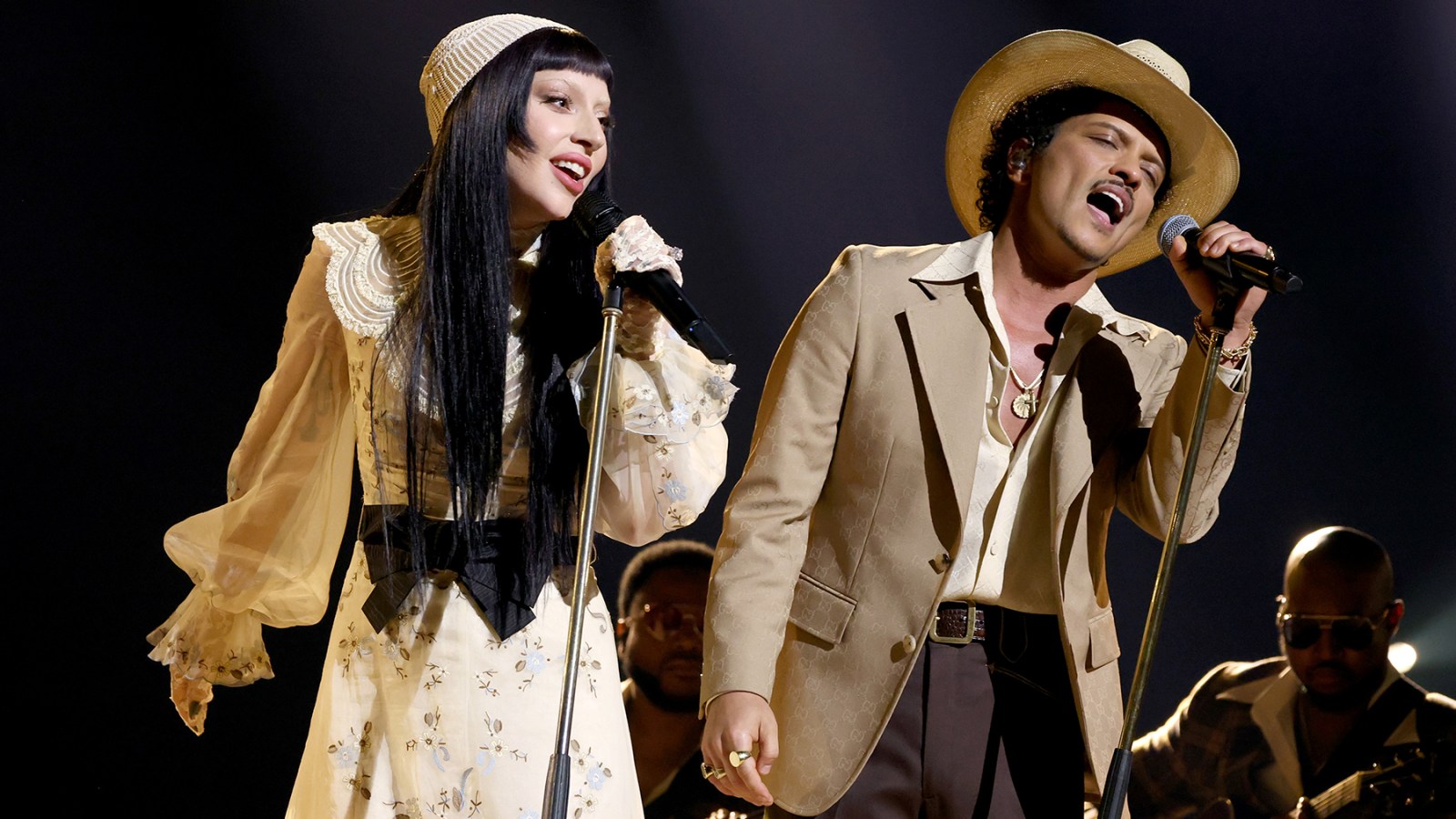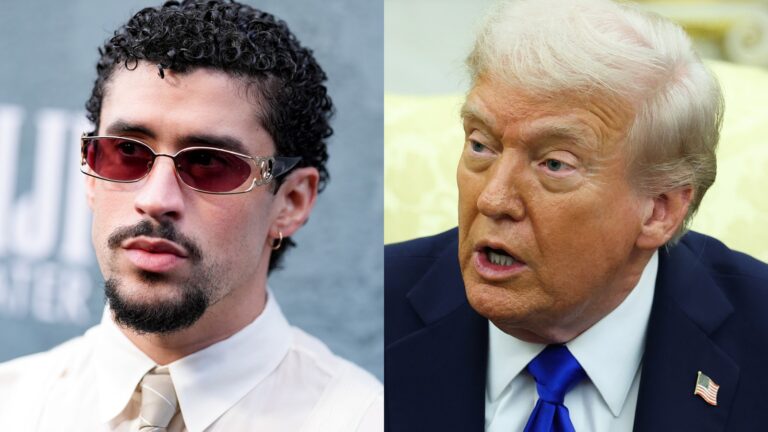[Editor’s note: This guest column includes descriptions of death and violence that some may find triggering.]
Today marks two years since Oct. 7, the single deadliest day in Jewish history since the Holocaust, and strangely, there’s a love song playing in my head: “Die With a Smile” by Bruno Mars and Lady Gaga. Released 10 months after the massacre, the song’s lyrics are profoundly on point. Here’s the first verse:
I just woke up from a dream
Where you and I had to say goodbye
And I don’t know what it all means
But since I survived, I realized
Wherever you go, that’s where I’ll follow
Nobody’s promised tomorrow
So I’ma love you every night like it’s the last night
If the world was ending, I’d wanna be next to you
If the party was over and our time on Earth was through
I’d wanna hold you just for a while and die with a smile
It’s worth remembering that on the night of Oct. 4, 2023, Bruno Mars made love to Tel Aviv.
Performing at the city’s open-air Hayarkon Park, where the likes of Justin Bieber, Maroon 5, Jennifer Lopez, and Lady Gaga had headlined in the Before times, he made a creek-side lawn feel like Wembley Stadium. Bruno sang his heart out in front of 64,000 hot, sweaty revelers, telling those gathered (in Hebrew) that wanted to marry them. Throughout his epic act of musical seduction, he yelled out repeatedly, “Tel Aviiiiiiv!”
As anyone who’s visited Israel can attest, Bruno Mars is one of the country’s most-played artists, heard in heavy rotation at bars, restaurants, clubs, cabs, and kiosks. His songs hold a special place in the hearts of Israelis. The Tel Aviv audience erupted that night. People who were there told me they felt special. They felt seen.
I can imagine Bruno Mars spent the next 48 hours doing what people do in Tel Aviv: living it up. It was fall, but still warm, and the city was buzzing. His hotel likely looked over the Mediterranean — Tel Aviv’s strip of beach is teeny but vital and vibey nonetheless. He probably went out, maybe had a few drinks at one of the city’s myriad watering holes. Maybe he heard “Uptown Funk” on the sound system. (Who am I kidding, of course he did.)
Bruno’s next show was scheduled for the evening of Oct. 7 and people were palpitating with excitement. But like everyone else in Israel, that morning at 6:29 a.m., Bruno Mars likely woke up to the piercing sound of sirens. The Oct. 7 attack had started. Hamas had invaded Israel and was butchering, sexually assaulting, and burning alive men, women, and children. The Nova music festival held near the border was becoming an inescapable ring of death. More than 200 people were being kidnapped into Gaza, including a nine-month-old baby and an elderly Holocaust survivor. Hamas’ mission: to kill Jews indiscriminately, as demonstrated by one armed civilian who gleefully called home to boast to his parents that he’d personally just murdered 10 of them.
Under threat of rocket fire and a complete shutdown of commercial air traffic, Bruno Mars, his band, and crew were swiftly shuttled out of the country, leaving their equipment behind; their next show in Qatar was canceled as a result. An American from Hawaii found himself in a war zone, witness to a unique moment in history. Bruno hasn’t spoken about his experience, but it’s hard to imagine he wasn’t scared. Everyone was.
Less than a year later, in August 2024, “Die With a Smile” arrived and hasn’t left the Billboard Hot 100 since (58 weeks and counting). Despite its dark theme, the pop ballad won a Grammy this year and has seen success around the world. Among Israelis and Palestinians alike, it hits home.
I’m not the first Israeli to make this connection. After all, “Die With a Smile” features two Western artists who each made the substantial effort to play in Israel. Putting aside the pressures of the Boycott, Divestment, and Sanctions movement, which has prompted many artists to cancel performances there, it’s a long way to travel with a top-shelf production befitting a superstar.
Courtesy of Noa Tishby
It’s not the first time a song has resonated with Israelis during a time of conflict. Exactly 50 years earlier, in October of 1973, the Yom Kippur War broke out when Syria and Egypt launched a surprise attack on Israel. Leonard Cohen was relaxing on the Greek island of Hydra when he heard about the war. He flew to Israel, took a car to the desert with two Israeli artists and started performing with his guitar for soldiers on the front line. Cohen emerged from his visit with the moving “Who by Fire,” to say nothing of the timelessly universal “Hallelujah,” which came a decade later.
Travis lead singer Fran Healy once told me that he wrote his band’s signature song, 1999’s “Why Does It Always Rain on Me?”, in Eilat on the southern tip of Israel. It was February, and he’d gone chasing some winter sun. It almost never rains in the city, but it did when Fran was there, leaving him understandably cursing his fate. I hope the song’s success made him feel luckier.
Since that October day two years ago, the world has changed for Israel and Jewish people everywhere. Israel has fought back hard against Hamas. A horrific war continues, in which thousands of innocent Palestinians have died. Israel is isolated politically and is being subjected to daily condemnation on the international stage. Antisemitism exploded around the world, with many innocent Jewish bystanders also becoming casualties in the war of public opinion — one just last week at a synagogue in Manchester, England, on Yom Kippur, the holiest day of the Jewish year.
Some 400 artists worldwide have pledged to remove their music from streaming platforms in Israel. By many accounts, you can still access songs by artists featured on the No Music for Genocide compilation on streaming services in Israel. But the action did not fall on deaf ears.
Israelis never chose this war, and the overwhelming majority — around 70 percent according to most polls — want it to end. That number would probably be even higher among those who attend concerts and love music. They’re the empaths, not the enemy. Cutting off Israeli music fans won’t help Palestinians — all it does is shift hatred in a complex conflict, and abandon people who want a better future.
In stark contrast, the Bruno Mars concert on Oct. 4 felt like the beginning of something bigger — positive, strong, creative, and connected — as did the relative peace of the days that preceded Oct. 7. He has never commented on whether “Die With a Smile” had anything to do with the events of that devastating day — and declined to comment, as did Gaga, when asked by Rolling Stone. (The song’s co-writers include Gaga, Andrew Watt, James Fauntleroy, and D’Mile.) And at the end of the day, it doesn’t really matter. Whether or not its lyrics were inspired by those apocalyptic events, the song gives me great comfort. Which is exactly what music is supposed to do.
Noa Tishby is a New York Times bestselling author and Israel’s first Special Envoy for Combatting Antisemitism. And she, like most Israelis, wants the war in Gaza to end.



